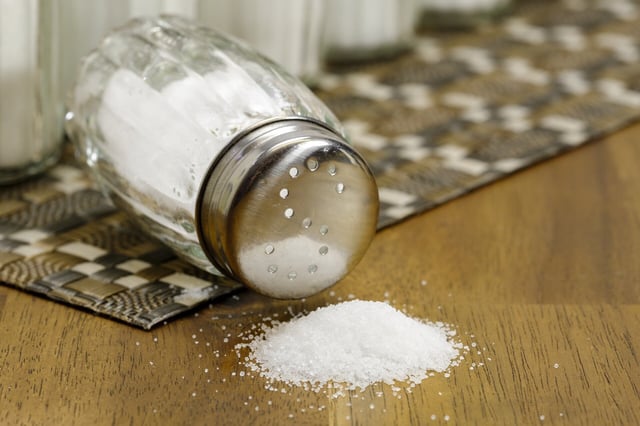Overview
- Preliminary findings presented at the American Heart Association’s Hypertension Scientific Sessions show fewer than 6% of U.S. adults report using salt substitutes.
- Use peaked at 5.4% in 2013–2014 and fell to 2.5% by 2017 through March 2020, according to NHANES data.
- Among adults considered eligible to use these products—those with healthy kidney function and not on potassium-affecting drugs—only 2.3% to 5.1% reported use.
- Adoption was highest in people with treated and controlled hypertension (3.6%–10.5%), followed by treated but uncontrolled hypertension (3.7%–7.4%), and stayed under about 5.6% in untreated hypertension and normal blood pressure groups.
- Investigators urged clinicians to discuss substitutes with appropriate patients and cautioned against use in kidney disease or with potassium-altering medications, noting limits of self-reported data, lack of product specificity, and no dose information.

